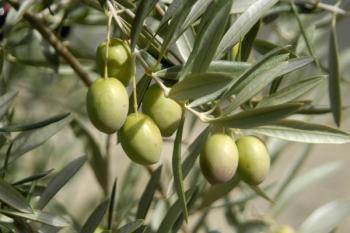
First Human Study on Korean Red Ginseng and Gallstones
Can a low dose of Korean red ginseng offer gallstone relief?
Early research on Korean red ginseng (P. ginseng) suggests that the botanical might reduce the burden of gallstones-in animals. Now, researchers from Dongguk University in Korea have performed what they believe is the first human trial on
Gallstones are hard, rock-like deposits that can form in the gallbladder and cause, among other symptoms, sharp pain. According to Jun Kyu Lee and his research team from Dongguk University’s department of internal medicine, gallstone disease affects 10 to 15% of the world population, with increasing risk in Asian countries, even among younger ages.
Researchers recruited 28 subjects to supplement with Korean red ginseng (7.5 g in three daily doses) or placebo daily for 24 weeks. All subjects had confirmed gallstone disease and were instructed to supplement in combination with their prescription bile acids (500 mg of chenodeoxycholic acid and 500 mg of ursodeoxycholic acid in three daily doses). After 24 weeks, ginseng use was associated with less overall stone burden (the sum of the volume of the five largest gallstones) than placebo, but not to a level that was statistically significant. Gallstones completely dissolved in eight ginseng users and six placebo users.
While Korean red ginseng did not succeed in providing statistically significant gallstone relief, the researchers acknowledge several limiting factors in this first-of-its-kind study: short duration of the study, a low number of subjects, and a low dosage.
“As this was the first human study about the combination with bile acids as far as we know, safety was of the utmost importance and we chose one of the lowest doses (7.5 g per day) used in published trials with Korean red ginseng in humans for various diseases,” said the study’s author.
Better-powdered studies are still warranted to really determine if ginseng can or cannot offer gallstone relief. No adverse reactions were observed in either group, so Korean red ginseng was at least deemed safe for long-term consumption.
Korean Red Ginseng Corp. (Daejeon, Korea) provided funding and powder capsules for the trial, which received support from the Korean Society of Ginseng.
Researchers are currently investigating several other natural ingredients for gallstone relief, including turmeric (Curcuma longa), Oregon grape (Mahonia aquifolium), and coin grasses, but all of these ingredients are reportedly lacking human studies.
Newsletter
From ingredient science to consumer trends, get the intel you need to stay competitive in the nutrition space—subscribe now to Nutritional Outlook.





